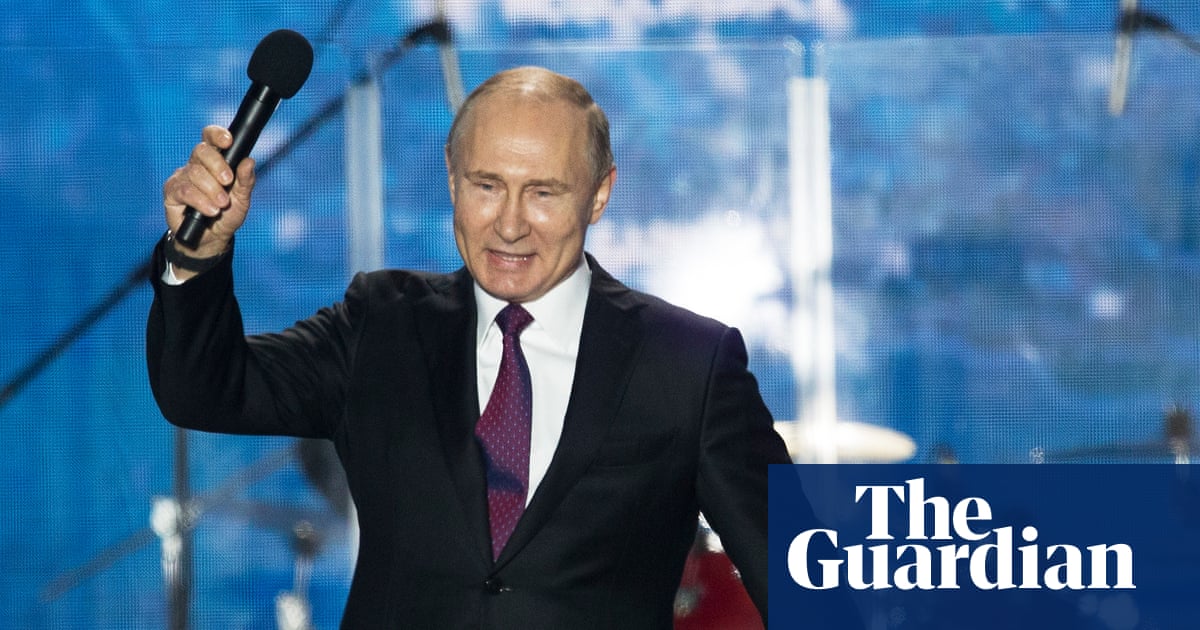
"When singer-songwriter B Howard takes to the stage in Moscow this month, he'll be making history. On 20 September the Los Angeles-born artist will be the first to represent the US at Russia's revived Intervision Song Contest, a cultural spectacle that manages to be both nostalgic throwback and very modern geopolitical manoeuvre. While Eurovision has famously stretched its geographic boundaries to include Australia, Russia's alternative contest represents a rather different kind of international outreach."
"Russia dusting off the Intervision brand, largely dormant since 1980 apart from a brief reprise in 2008, follows the country's exclusion from Eurovision since its full-scale invasion of Ukraine in 2022. Its expulsion cut off access to a platform that while often mocked by British audiences had served as a crucial tool of cultural diplomacy for decades. Emblazoned on Intervision's website is the claim that: The world-famous music event returns to Russia but the contest was, in fact, conceived in 1960s Czechoslovakia."
"Rather than being born of exclusion, Vuletic says the first series, running from 1965 to 1968, was explicitly designed to bring east and west together; Czechoslovak Television actually offered to collaborate with Eurovision organisers, though the proposal was rejected. When the contest finally launched, it featured western artists alongside eastern European performers, including Eurovision winners such as Puppet on a String singer Sandie Shaw and Austrian crooner Udo Jurgens appearing as interval acts."
B Howard will be the first U.S. representative at Russia's revived Intervision Song Contest in Moscow on 20 September. Russia revived the Intervision brand, dormant since 1980 except for 2008, after being excluded from Eurovision following the 2022 invasion of Ukraine. Eurovision's expulsion removed a long-standing platform for cultural diplomacy. The original Intervision, launched in the 1960s and running 1965–1968 with a second iteration 1977–1980, was designed to bring East and West together and featured Western artists and Eurovision winners alongside Eastern European performers. Czechoslovak Television offered collaboration with Eurovision organisers but the proposal was rejected.
Read at www.theguardian.com
Unable to calculate read time
Collection
[
|
...
]